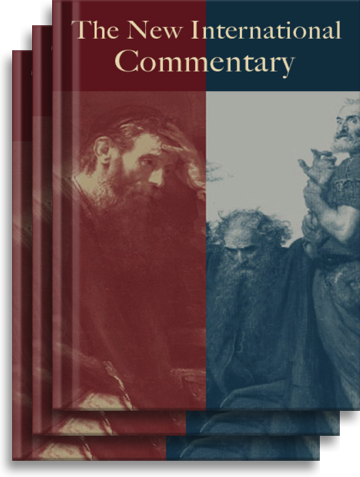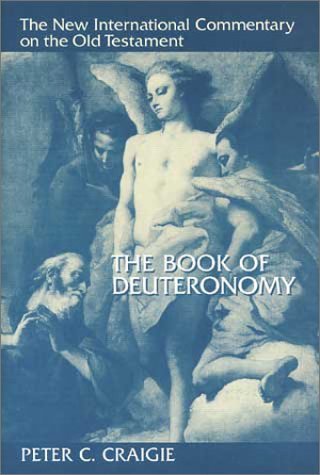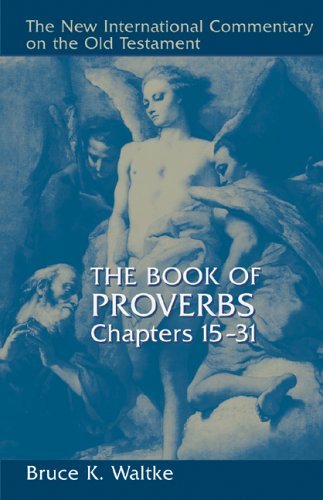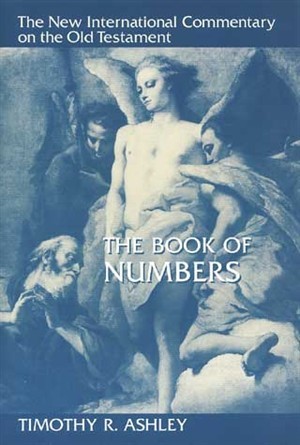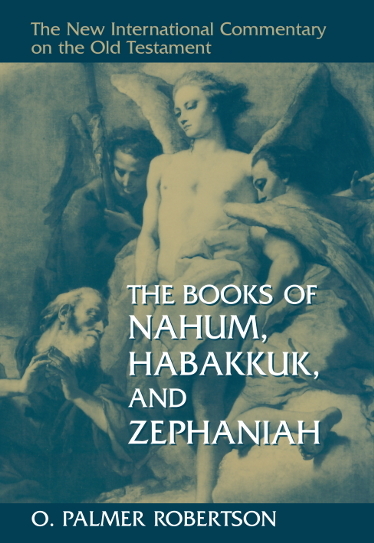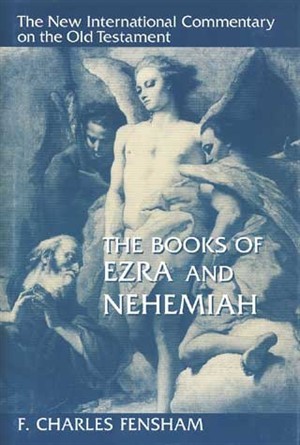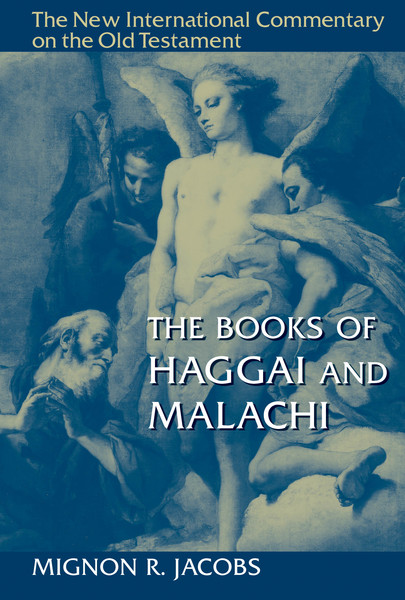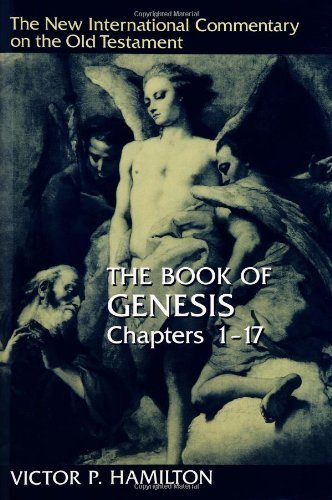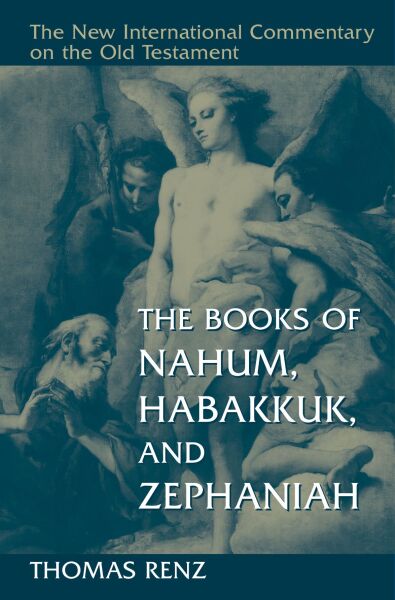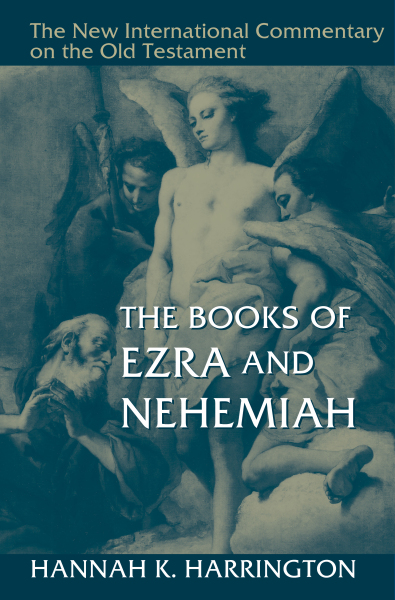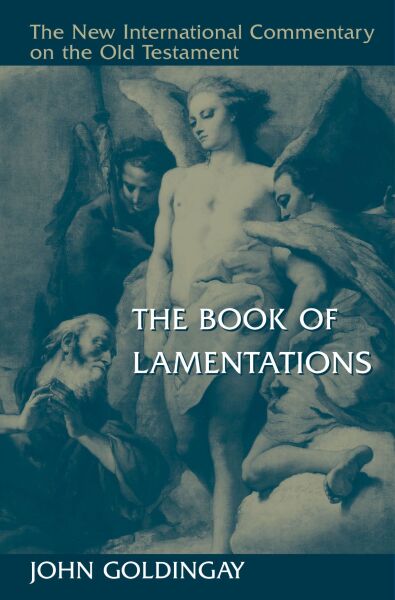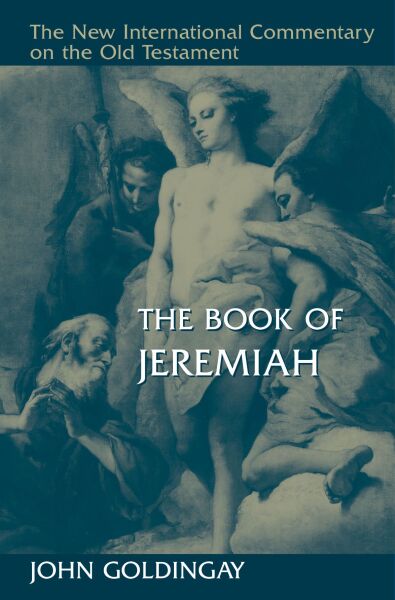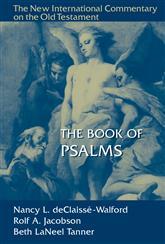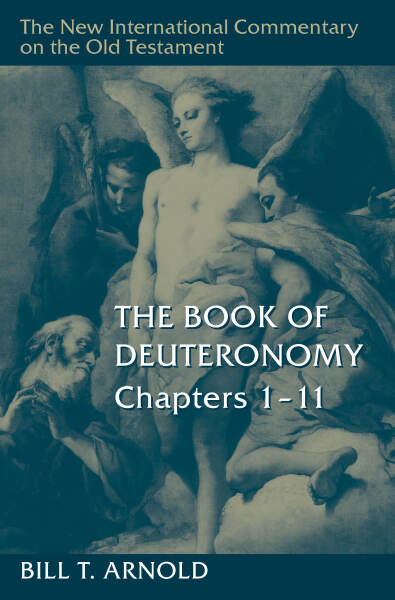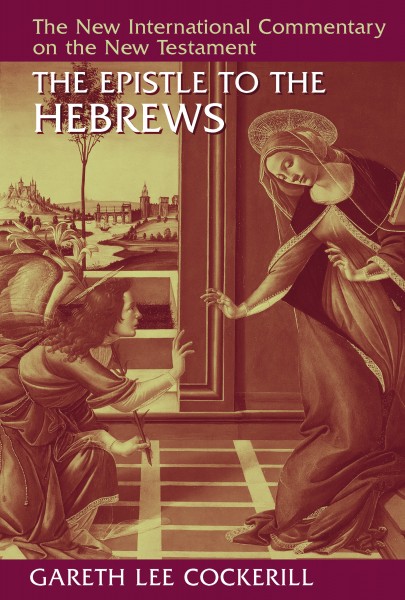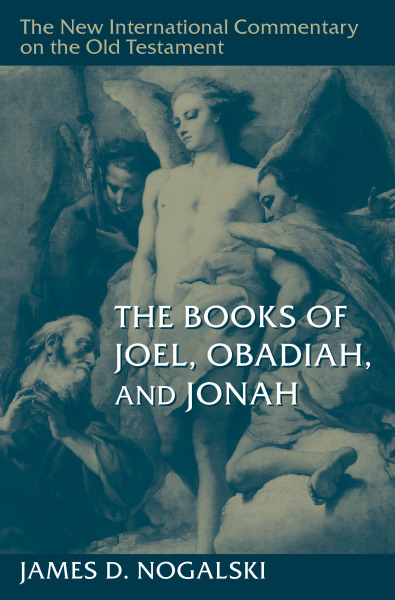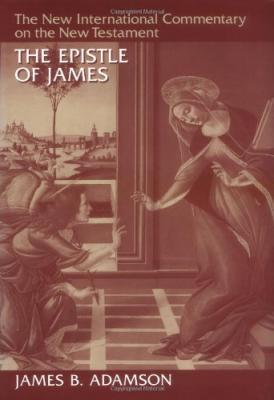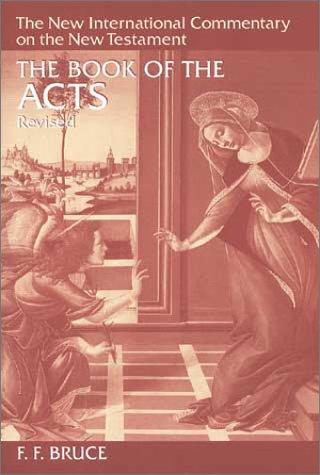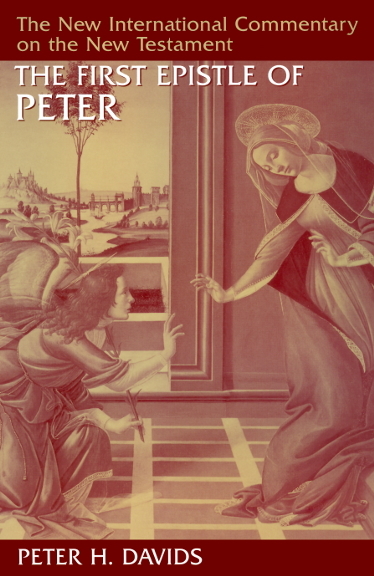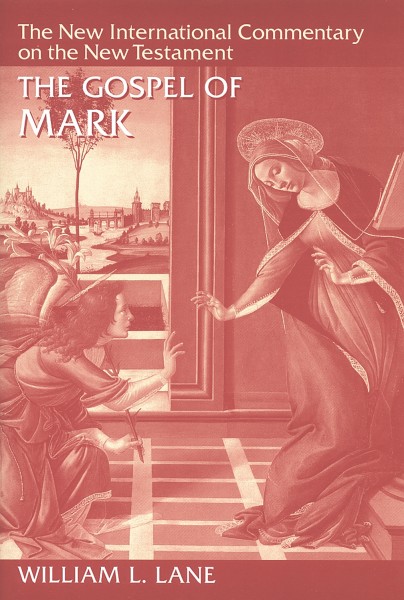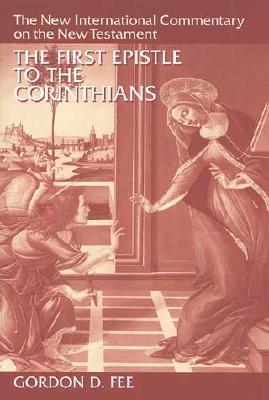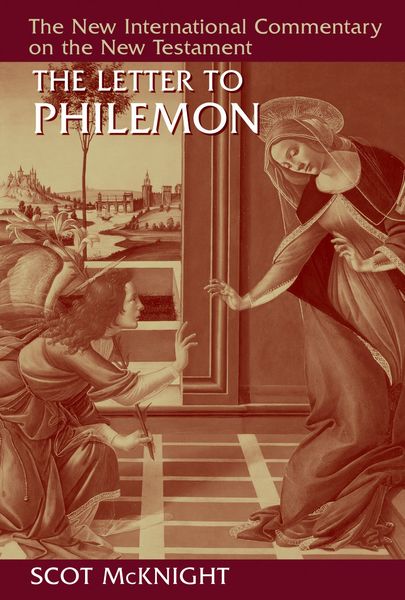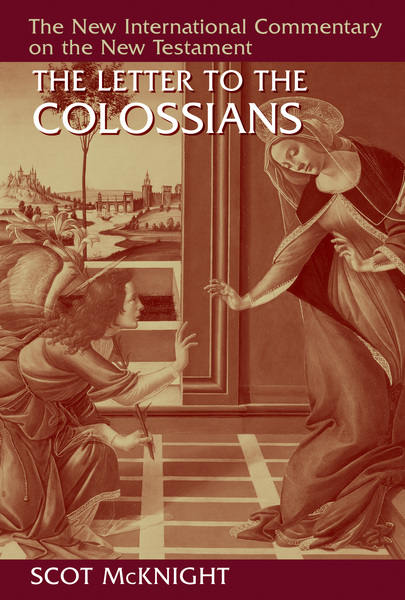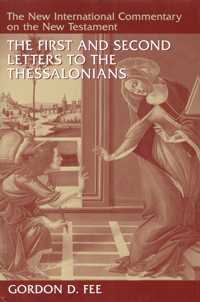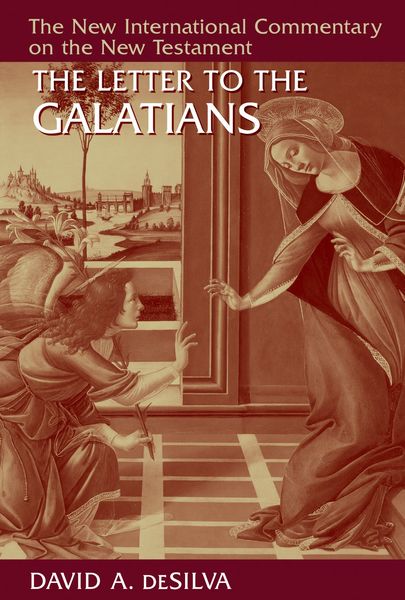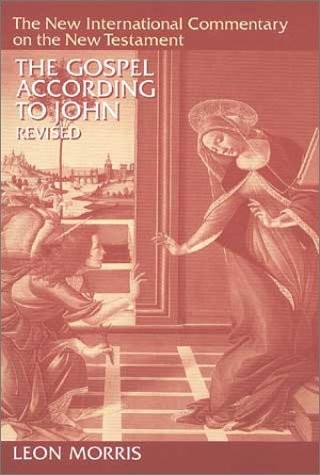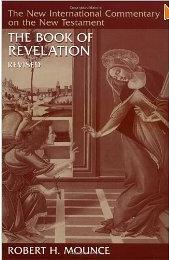



The modern church pays significantly less attention to this part of the Pentateuch. To many readers, the subjects of Leviticus—ritual, food, cleanliness, and purification laws—seem inapplicable to today’s church. What does Leviticus have to do with contemporary Christians?
In the New International Commentary: The Book of Leviticus, Gordan Wenham accounts for Leviticus’ original, textual meaning and its core theology. Wenham consults studies on Old Testament ritual/sacrifice, then compares and contrasts them to those of other ancient Near Eastern practices in order to rebuild the text’s contextual meaning. Wenham also refers to the work of social anthropologists and skillfully applies critical literary tools to highlight the author’s interests.
Wenham connects each section of Leviticus to passages from the New Testament and to modern Christianity to bring out its enduring theological themes. This reveals just how common some Levitical ideas are in the New Testament and helps us apply God’s command to be holy, just as He is holy.
New International Commentary on the Old Testament - Series Editor: Robert L. Hubbard Jr.
Maneuvering through Levitical laws, bloodshed in Joshua, or Daniel's apocalyptic visions, sincere readers often wonder what the Old Testament means and how it can be the Word of God. For several decades the New International Commentary on the Old Testament has helped countless people traverse this difficult literary terrain.
All the NICOT volumes combine superior scholarship, an evangelical view of Scripture as the Word of God, and concern for the life of faith today. Each volume features an extensive introduction treating the biblical book's authorship, date, purpose, structure, and theology. The author's own translation of the original Hebrew and verse-by-verse commentary follow. The commentary itself carefully balances coverage of technical matters with exposition of the biblical text's theology and implications.
